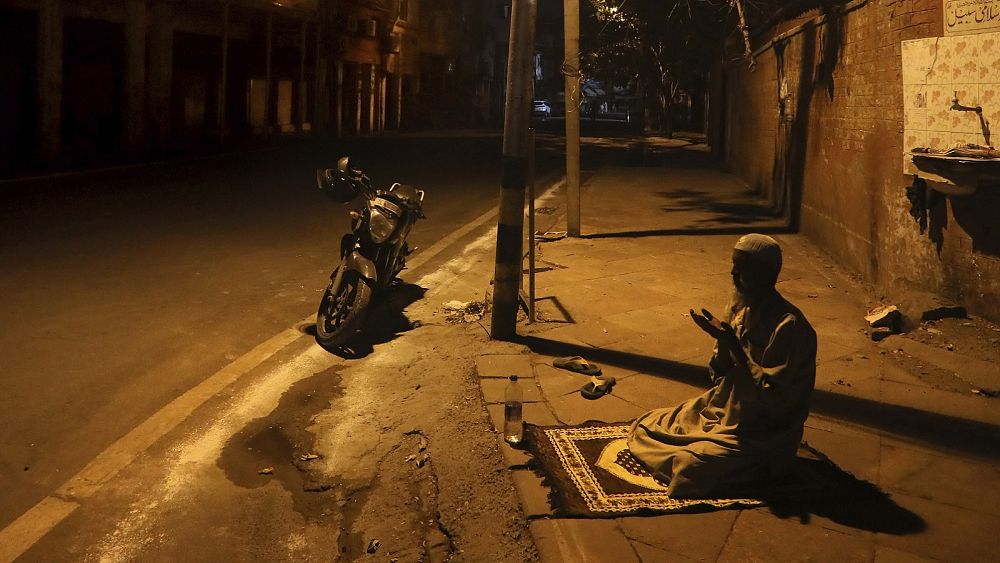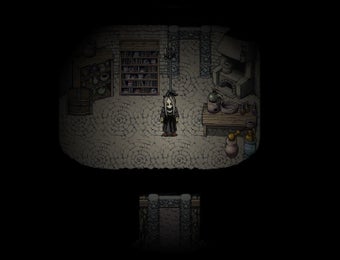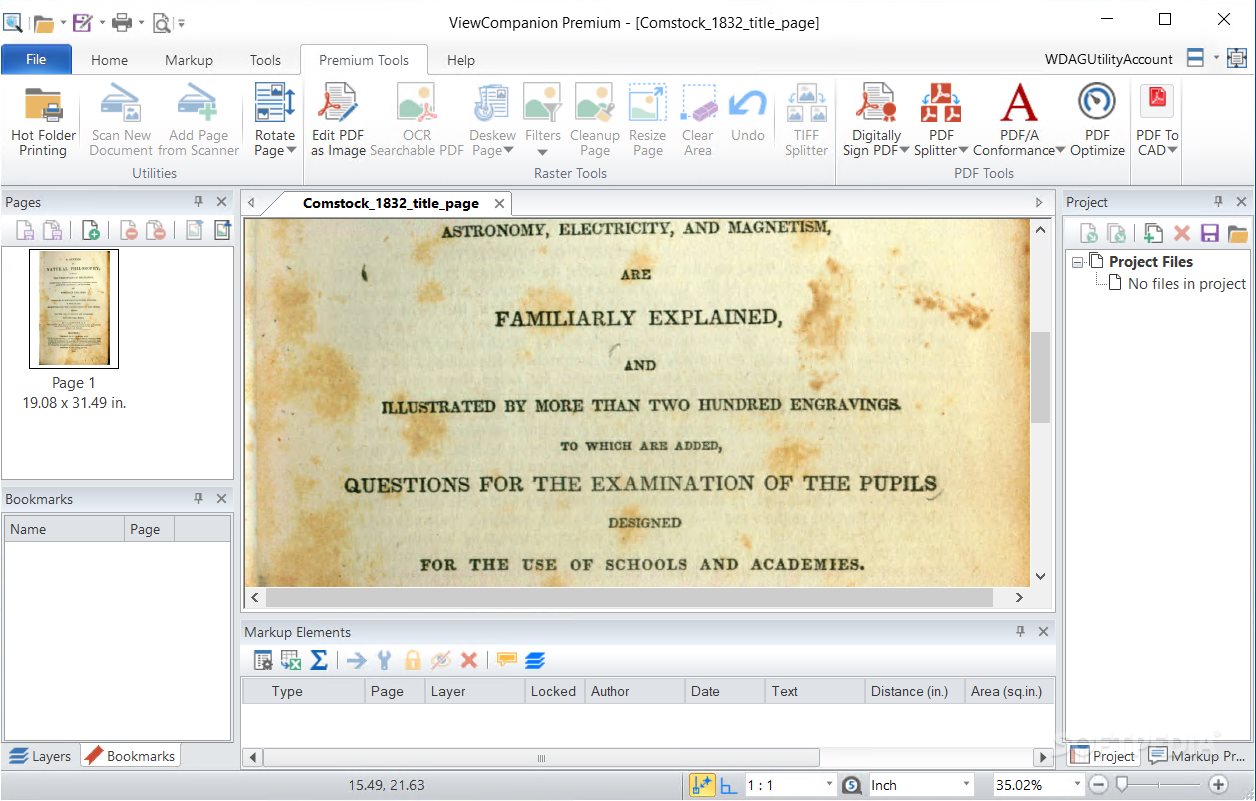
Ramadan is usually a time to gather: from boisterous coffees at breaking the fast (or Iftar), late-night family gatherings, and late-night prayers in busy mosques where worshipers mark Islam's holiest month.
But this year, probably for the first time in history, instead of urging people to unite and congregate, Muslims must unite to urge people to stay apart.
For us humanitarian workers, it has created a puzzle about how to keep people safe while also providing food aid to hundreds of thousands of families who depend on us for what is often their only meal of the day.
Poverty, overcrowding, and wars make balance difficult, but so is misinformation. This Ramadan, we are determined to eradicate it and make sure that people have the knowledge, as well as the supplies, they need to stay safe.
Combating disinformation along with poverty
In many places, the authorities are weak, and religious communities and religious leaders are affected by the crisis. With trust between the two, often low, official policy can be delayed.
In Somalia, official guidance on the closure of mosques is simply ignored. In South Asia, certain religious sects were extremely slow to heed advice on social distancing. In many places, alcohol-based disinfectants are considered banned, or "haram," despite officials pleading with people to see them as a first line of defense. Across the world, unproven claims about cures and causes spread faster than disease, and few communities, religious
At times like these, religion is often misunderstood as the enemy of science. That is not the case. As we learned during the Ebola crisis, only by gaining the trust of all faith communities
By speaking their language and successfully leveraging their networks, we can quickly and effectively reach millions of people.
During the 2015 outbreak, the world was too slow to act and many died unnecessarily.
Today, a wide range of religious academics, as well as the World Health Organization (WHO), have promised to get ahead of the problem. By collaborating effectively, we have devised practical guidelines that combine medical knowledge about tcoronavirus with religious teachings on how Muslims can stay safe. These were disseminated to communities at risk before Ramadan.
the Guidance on safe religious practices for Muslim communities during the coronavirus pandemic It shows that at times like this it is entirely permissible for Muslims to refrain from performing any collective form of worship, such as daily prayers or funeral prayers, in high-risk areas.
It also emphasizes the importance of social distancing, explains the Islamic duty (or wajib) of self-isolation if a person exhibits symptoms, and underlines the sacred obligation not to spread falsehoods and misinformation that may harm others.
It is full of practical advice; from providing details on safe Islamic burial rites, such as replacing a cover with a body bag, to not washing the deceased for security reasons.
When we consider that mass graves have been excavated in New York and the United Kingdom, guidance like this will be desperately needed if the virus takes hold in Africa or the Middle East, where fragile health systems, chronic overcrowding and mass displacement threaten to perfect hosts of disease.
Nor is it a purely Islamic problem. Our friends from Christian aid organizations are developing their own guidelines and a consortium of aid organizations like Christian Aid, Cafod and Tearfund are busy engaging different religious leaders in an attempt to arm billions of people with the knowledge they will need. .
Change the face of aid delivery
Of course, in order to have a real opportunity to overcome the greatest global challenge of our time, faith-based education must be backed by practical solutions.
To encourage best practices, governments and other aid agencies have launched awareness campaigns on a truly global scale. We are working together to overcome blockages by increasingly turning to technology and radio waves to reach homebound inmates.
We are also delivering supplies worth millions of US dollars, ranging from PPE equipment such as gloves and masks to fans. All of our distributions in dozens of countries have turned upside down.
This year we will not see entire communities coming together to receive our massive food deliveries that provide food insecure families with some relief for the holy month. Instead, we go door to door or send private text messages to arrange specific pickup times. Facial masks await people instead of smiles, and the hand sanitizer greets them instead of handshakes and hugs.
In some areas, hygiene kits with supplies such as protective gloves will be delivered along with Ramadan food supplies. In others, we may have to decide whether to put health needs above hunger.
Changes like these can be troubling, but even as the lights and festivities of the holy month dim, I will take comfort in knowing that our physical distance does not allow us to divide. That, in the midst of all the uncertainty and pain, centuries-old Islamic teachings can inspire us to adapt and keep us safe and that, when we work together (religion, science and a global sense of community) will help us to overcome.
____________
Are you a recognized expert in your field? At Euronews, we believe that all opinions are important. Contact us at [email protected] to send launches or presentations and be part of the conversation.



